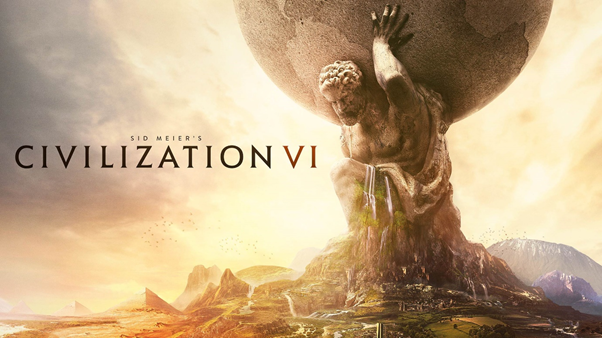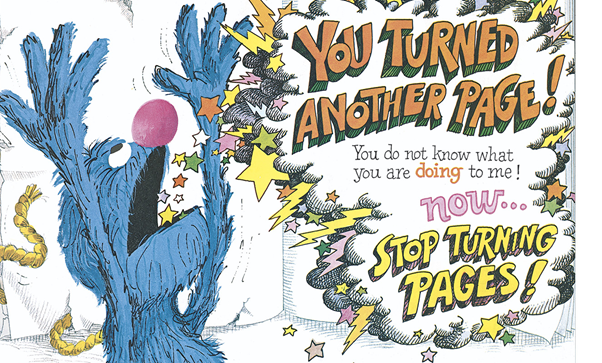Today, kids come into contact with tablets and mobile phones early. So small and curious, they quickly learn to unlock them and discover various things to click on. The most suitable way to channel their curiosity and spirit is to install age-appropriate and child-friendly apps on your phone or tablet.
Playing online doesn't have to be wrong if they can get something valuable from those applications. Therefore, we have selected some enjoyable virtual activities for your little ones. Inventive, educational, and exciting activities can occur right in your home. Take a look.
1. Minecraft

You've probably heard of this game or seen some toys from its product line. But what is it really about? The game is so popular these days that people are already calling it 'the Minecraft phenomenon'- something that both critics and audiences have reluctantly accepted. It is a game with no specific story or task but leaves it to the player to choose how to spend time with it.
Located in the middle of a meadow made of large cubes, the players can construct their buildings or embark on exploring the environment to find valuable items. The terrain is different across multiple levels, and so is the challenge that comes with it. Some players bravely embark on an adventure, ready to face a series of obstacles such as wild animals or fictional characters. Others can spend hours in safety, planning and building huge palaces, gardens, villas, or replicas of real-world locations.
Considered one of the best PS4 educational games for kids, it gives the ability to control and shape the field and also attracts much older players to the realms of Minecraft. It helps children develop imagination and combinatorics while being incredibly entertaining.
2. Scribblenauts

In this logic game, the kids help the main character Maxwell search for the yellow stars in a solar system. But unlike similar platform titles, the Scribblenauts game has a unique feature: a picture dictionary with more than 35,000 terms, available in English, Spanish, French, Italian, Portuguese, and Dutch, so it can help them learn foreign languages.
Various creatures or objects, whose names the child writes down, can materialize in front of Maxwell and help him progress through the game. For example, if a character stands next to a road driven by fast cars, the child can type in words like "traffic lights" or "zebras." These things will appear in the universe of Scribblenauts and allow Maxwell to cross the road happily. Some puzzles have several solutions, while some ideas may compromise the main character's life and security.
3. LittleBigPlanet

An excellent choice for kids dreaming of a career in the gaming industry, LittleBigPlanet is a kind of digital factory of fictional localities. With the help of the likable character of Sackboy, they can stack their tiny play spaces, setting up obstacles, aids, and mechanics for themselves and their friends.
For example, kids can pair with parents to construct their race track or sports field. On the other hand, they can construct a spaceship or a magical forest full of fascinating creatures. They can share their work with other players and participate in other people's "small big adventures." It is a universe of possibilities driven by imagination and a sense of design, and intelligent thinking of space. The game does not require any programming knowledge and is available on Playstation consoles (of which the fourth version is current).
4. Civilization VI

We must note that the game from the famous series tends more to be entertainment than education. However, this has its advantages because it teaches players in a way that never imposes itself and feels like a problematic education, making it an excellent learning video game.
The sixth edition of Civ takes players into ancient times in 4000 BC and gives them the task of raising an entire nation through the centuries by 2050. During this timeframe, players will build cities, explore various topics, perform miracles, etc. Research objects, wonders, world leaders, and city names are historically accurate and will consequently teach kids a ton of history in passing and quickly.
5. The Monster at the End of This Book

If your child adores Sesame Street, this interactive reissue of the classic picture book from 1970 will delight him. On each of the 12 pages of the book, kids can expect many different adventures. Grover's voice warns the children not to turn the page so that they stay away from the monster at the end of the book.
The application is full of practical tasks. So the kids are asked to untie the ropes, touch the knot to untangle it, and tickle Grover by clicking on his picture. Also, if your child is struggling with fears and anxiety, this app provides the perfect solution to start talking to him about the emotions and monsters hiding under his bed.
Conclusion
Computer games are a lot of fun. The child has the opportunity to be creative, direct their thoughts in search of solutions, and gradually overcome obstacles. By solving one block, one moves to the next, higher level, and so the child develops his abilities and knowledge, self-esteem, and awareness.
Through play, they learn that failure is part of success, which is very important for the psychological development of children. That is why computer games are great to show how the level can be passed, but only after a series of attempts and overcoming obstacles. This results in developing critical thinking, the ability to solve specific problems, or adapting to a particular situation.
Video games affect the development of the brain, communication skills, social skills, mathematics, and writing abilities. Also, teamwork is essential. Most of today's games are designed to play in pairs or teams. Whether fighting alien attacks or putting together a puzzle, video games offer many opportunities for kids to act constructively as a team. Taking into account these advantages it is obvious that using games for educational purposes is getting more and more beneficial for children. And we don't think anyone would object.
About the Author
Alexis Sanchez is an educational psychologist advocating for the use of video games for learning purposes. Being an author for PapersOwl, she constantly underlines the beneficial effect of children's favorite video games on their mental and educational development. Alexis has designed a series of workshops for parents and teachers where she shows that both parents and teachers can facilitate the children's development by allowing them to learn from everything around them.




Update